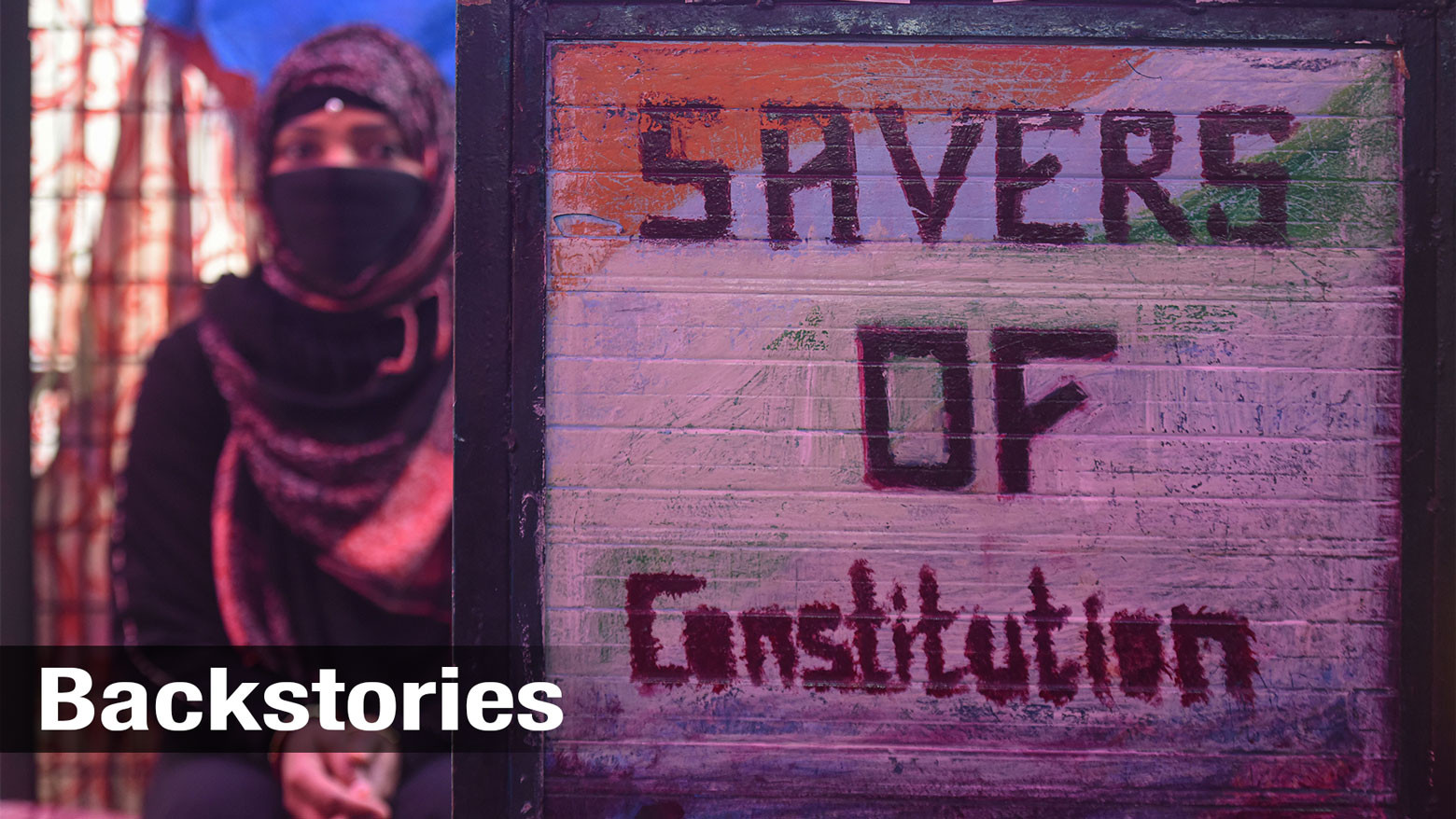Why people are angry
Trouble first flared in the northeastern state of Assam, which has a large Muslim population.
The state government published a register last August listing all citizens. They said it was aimed at rooting out illegal immigrants. But to make the list, you had to prove that your family had roots in the region before the 1971 Bangladesh Liberation war. That's when millions of Muslims and Hindus poured into India to escape the conflict. About 1.9 million people who couldn't provide that proof are facing the possibility of being stripped of their citizenship and becoming stateless.
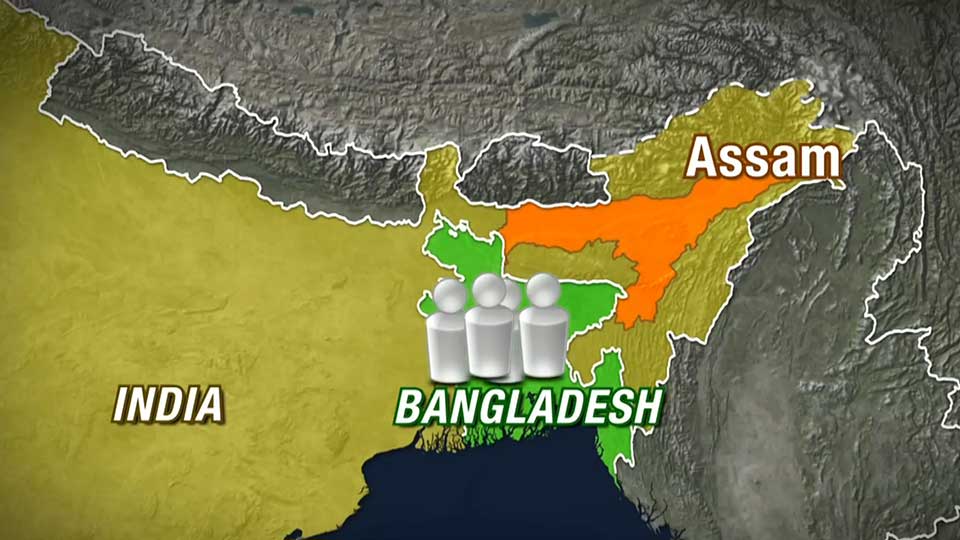
The national government had been planning to implement the registry nationwide. It has also laid out a new asylum policy that grants Indian citizenship to people who have fled persecution in Afghanistan, Bangladesh and Pakistan. But it only applies to Hindu, Buddhist, Christian, Jain, Parsi and Sikh migrants. It notably does not apply to Muslims. The country’s parliament approved the changes in December, and the protests erupted.
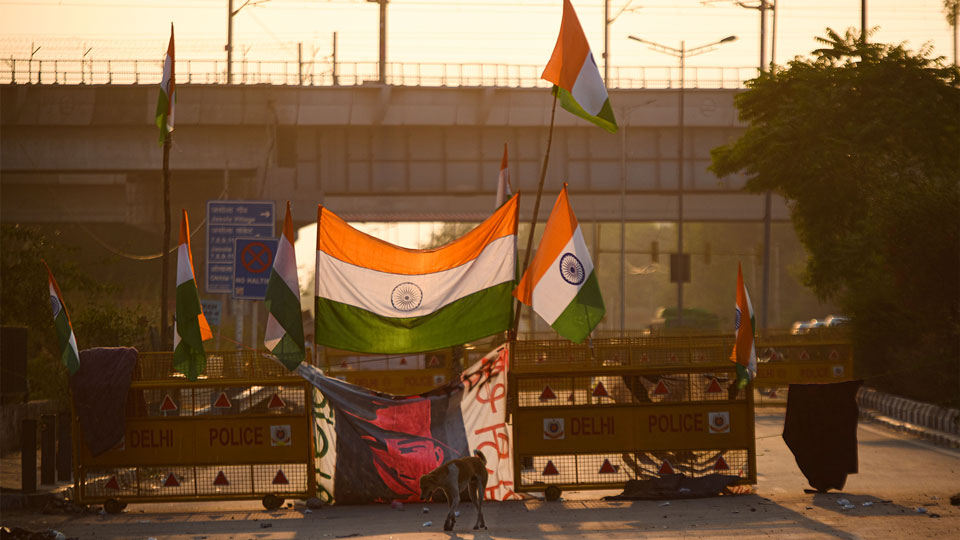
Muslim fears
Noor Ansari is a Muslim who has been taking part in protests in New Delhi. He moved to the city from a rural village to find work when he was 12, and now works as a tailor. Authorities in rural areas of India have not always managed their resident registries well, and sometimes failed to issue birth certificates. Ansari has no documentation to prove where he lived as a child. He worries that if lists like the one in Assam are introduced nationwide, his name won't be on any of them, and he will find himself stateless.
"Why is the government granting citizenship to Hindus, but not Muslims?" he asks. "The government should adhere to the Constitution, show human compassion and scrap this law."
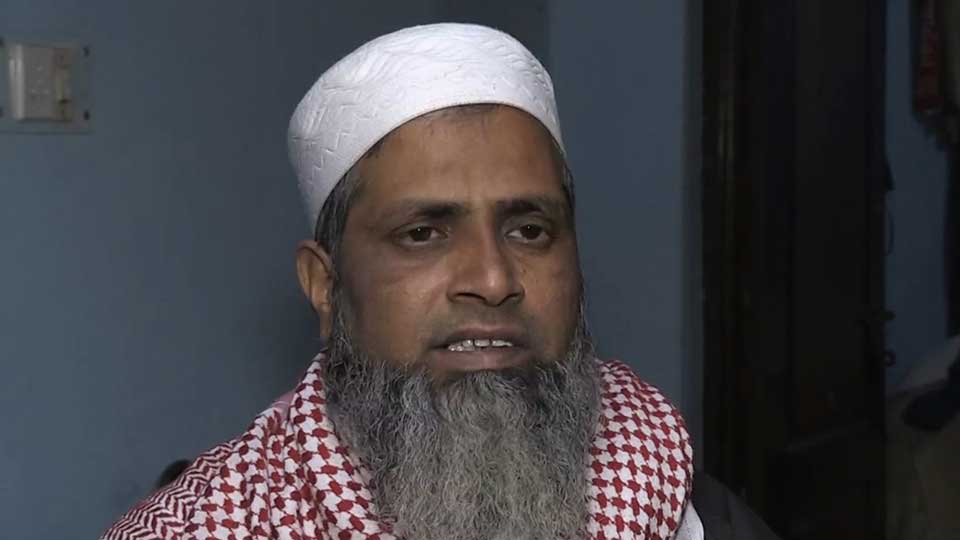
Hindus are upset too
It is not only Muslims who are protesting. Many Hindus say the law goes against the Indian constitution, which upholds equality regardless of religion.
Riya Dubey is one of them. The 22-year-old student says she has been joining the protests because she believes in India's secularism. Dubey says the principle of equality that she has been told about repeatedly since childhood is now being eroded. She fears the citizenship law could undermine a society in which Hindus and Muslims can coexist.
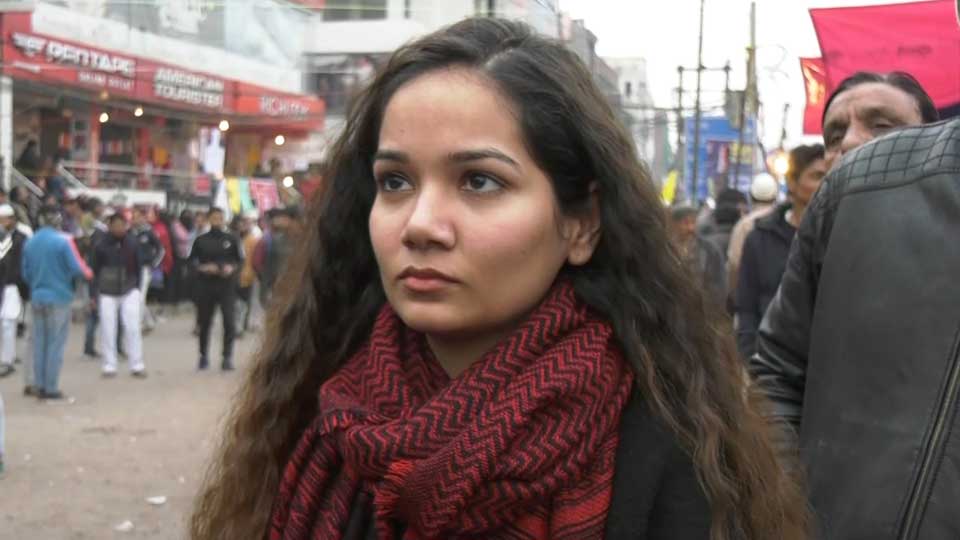
Government tries to ease backlash
The citizenship register was one of the election promises of the Hindu nationalist Bharatiya Janata Party led by Prime Minister Narendra Modi, which won a landslide victory in the 2019 general election. The government has backtracked recently, saying no decision has been made on whether to implement the register nationwide. That appears to be an effort to quell the protests. Modi also says the citizenship law will have no effect on Muslims living in the country. But those reassurances have not been enough to end the protests.
The citizenship law has drawn international criticism, too. The Office of the United Nations High Commissioner for Human Rights says the amendment is fundamentally discriminatory in nature. The international NGO Human Rights Watch says granting citizenship based on religion violates the country's international legal obligations.
